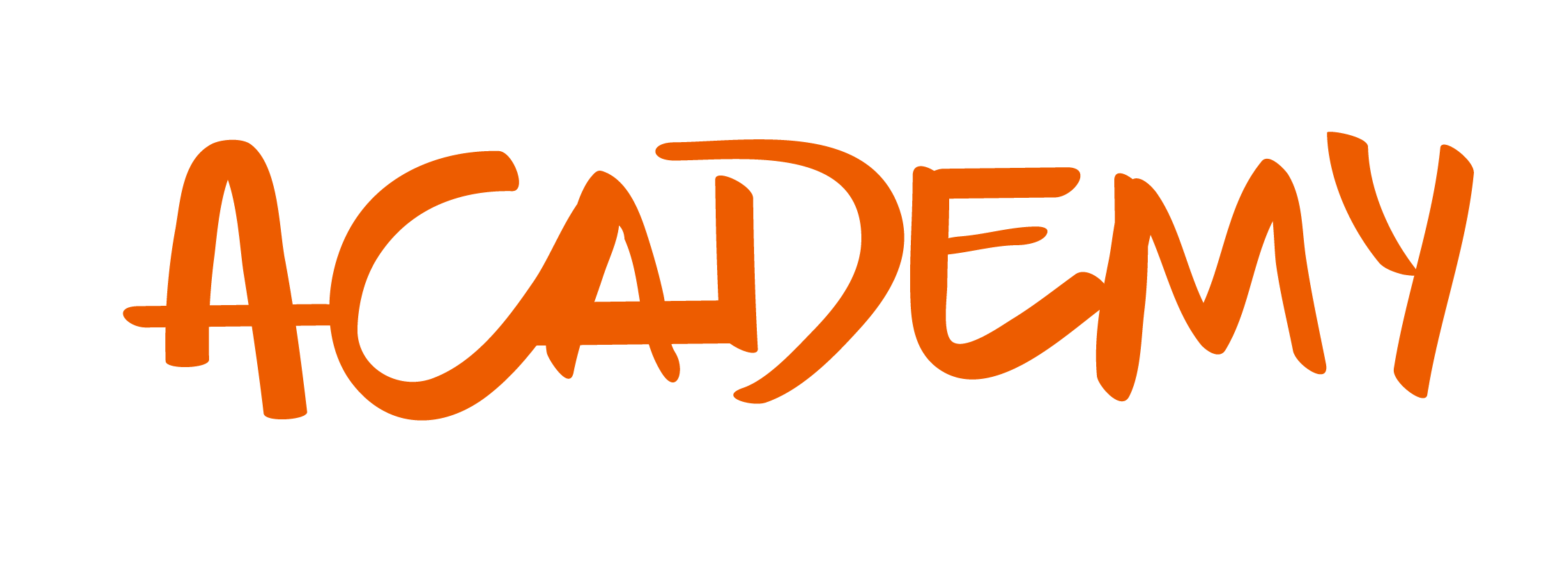Nearly one-third of professionals say that manual time entry is one of their most time-consuming work activities, a Deloitte study finds.
At creative agencies, time-tracking tools are game-changers when it comes to profitability, efficiency, and productivity. What’s more, you can make better decisions as a leader.
Why should agencies track time?
Employees spend as many as four hours per week on tasks that are deemed “unproductive” and not work-related, a Workpuls survey reveals.
When employees are not held accountable for how they spend their time at work, it’s only natural for other activities to creep in, from perusing social media to reading an article on Buzzfeed to texting.
But advertising agencies, in particular, must be careful about tracking billable hours. They must answer to their clients, as well as ensure they have strong project management systems in place. They need to maintain oversight of their workflows and keep everything running smoothly.
Time tracking also helps agencies estimate profitability and gain insight into resource management, allowing them to better dedicate materials and personnel to different projects and initiatives. In addition, they will be able to see critical metrics, receiving them in real-time.
Why are time tracking tools essential?
Time tracking software simplifies and streamlines a process that can often be quite tedious. Listing out hours using spreadsheets is time-consuming for your employees, which can sometimes make them less likely to be fully accurate in their reporting. These tools mean greater efficiency.
Moreover, armed with technology, you’ll gain enormous advantages. For example, you can receive reports filled with data that will give you greater insight into your operations. Armed with this information, you will be better equipped to make decisions about resources, employees’ responsibilities and tasks, and much more.
Common excuses for not tracking time
Some creative agencies are reluctant to implement time-tracking systems in their organizations Some common excuses for not utilizing these tools are:
Fears about micromanagement
Nobody wants to be Big Brother. Agency leaders may worry that asking their employees to keep track of their time spent on projects and various initiatives will make them feel as though they don’t trust them. They may be concerned that workers will see the software as a micromanagement tool meant to keep them in line.
Introducing tedious processes
There is no doubt that more traditional methods of time tracking, such as recording hours manually or via spreadsheets, can be frustrating and tedious for workers. So, it’s only natural that organizations will be concerned about asking their employees to take on this additional process on top of their work-related responsibilities.
Fortunately, time-tracking software makes even the process of recording hours more efficient and far less tedious.
Lack of resources
When organizational leaders, especially those at small businesses, hear “new software,” they assume they will be forced to invest in costly systems. In reality, however, time-tracking software doesn’t need to break the bank — it will prove to save you money in the long run.
Unclear rationale
Some agencies simply don’t want to track time and are unclear on the benefits. If you fall into this camp, don’t worry — we’re about to tell you all about the advantages!
12 Benefits of time tracking in agencies
1. More accurate billing
Time tracking allows you to gain insight into the cost and value of the services you provide. Once you know how your employees are spending their time and the real efforts that go into each project, you will be better equipped to anticipate how much you should and will bill clients for future initiatives.
This is a win-win for clients and businesses alike. It means fewer surprises down the line and reduces the likelihood of scope creep, which will frustrate both parties.
2. Cutting expenses
When you arm yourself with the tools to see the hours you’re spending on projects, you will have a better understanding of the true amount of time you and your team are really working. So much time goes wasted — time that is truly valuable.
You will have a greater sense of the tools you need to assess your work and which ones are not serving you well. You will also see where your team members are spending their efforts and be able to cut down on that wasted time, ultimately allowing you to reduce expenses for your entire company.
3. A better understanding of profitability
You could be investing a significant amount of time and a vast number of resources into projects that aren’t actually improving your bottom line. You could be wasting your efforts — and therefore throwing away your money — on projects and initiatives that aren’t paying off.
When you employ time tracking tools, you will have a better understanding of how you are using your resources, including your employees, which will, in turn, give you insight into profitability. Are you invoicing your clients appropriately? Are you dedicating your people to projects that aren’t profitable? By more thoroughly evaluating profitability, you will improve your pricing model, too.
4. Greater visibility into the hours spent on a client project
What are you truly doing with your time? Using project management tools like time tracking apps, you will not only be able to better manage your time overall, but you will also see how you are actually spending your time. This will equip you to manage your resources more effectively and efficiently, allowing you to plan accordingly.
5. Keeping your client hours under control
We’ve touched on scope creep, but it bears repeating: this is something that can wreak havoc on your projects and your entire business. It is much easier to prevent this from happening and develop a time management system and structure when you understand the real hours you’re spending on your project.
That way, you can inform clients from the get-go and provide them with a more accurate estimate of the time their initiatives will take, giving them an informed view of pricing and project lengths.
6. Assigning more staffing when needed
You may not have an accurate picture of your agency’s needs. Or, perhaps you’re delegating too many resources to one area and not enough to another. By implementing a time tracking system at your agency, you will get a clearer sense of the types of work roles that are necessary for your organization and where you may require staff augmentation — or reduction, as the case may be.
7. Improving reporting
Time tracking solutions are often equipped with reporting features that will allow you to see much more than employee time and hours spent on specific projects. You can also gain insight into:
- Predicted vs. actual profitability per each client
- Overall profits and revenue
- Profit and loss (P&L) statements
- Resource utilization
- Month over month and year over year revenue
- Real-time metrics
8. Keeping employees accountable
If you’re an employee of any company that uses timesheets, you may worry about micromanagement. But these and similar systems aren’t meant to be tools that add tedious tasks to your life — they actually give employers valuable information about how and where you’re spending your time.
For managers, this data will help them forecast where to assign different personnel — not just oversee employees. It will help ensure that employees are held accountable for their work hours, as well as utilized to their full potential.
9. Better project management and resource management
Project managers need information — lots of information. Yes, they need project management tools and templates to help facilitate workflows, but the data is what allows them to, for example, forecast project budgets, delegate resources, anticipate needs, and, ultimately, create better plans for your entire agency.
10. Integration with different systems
Chances are, project management software is an important part of your organization and daily tasks. You also use several additional systems — file storage, customer relationship management (CRM) platforms, content management software (CMS), and much more.
Time tracking tools can easily integrate with the staples of your organization. In turn, you will have a better view of your internal processes and structures and understand how your organization operates.
11. Better businesses plans
Marketing agencies, like all other organizations, cannot function without a carefully crafted business plan. And, as any business leader knows, this plan starts with ample research and data.
Your business plan will be grounded in clear information — and when you track time, you will have plenty of it. This will inform numerous aspects of your plan, such as timelines and profit margin estimates.
12. Enabling freelance workers to track time
Freelancers are a vital part of many creative agencies. How do you effectively see an overview of the work these team members are doing? Some may use hourly rates, but unless you know how much time they will actually be spending on projects, you can’t anticipate costs accurately. Time tracking tools are an obvious solution to this problem.
How to start tracking time
It’s easy to get started with time tracking software, and you’re bound to realize the benefits almost immediately.
At COR, we specialize in project management tools for creative agencies of all sizes, and we can help you integrate time tracking, resource management, and additional solutions to improve your workflows and gain invaluable data to improve your organization.














